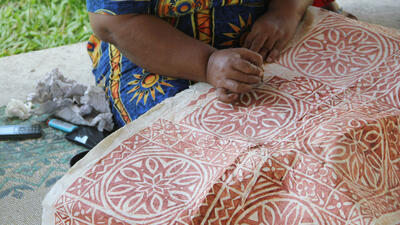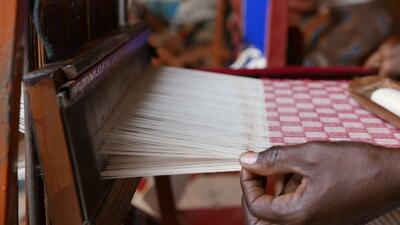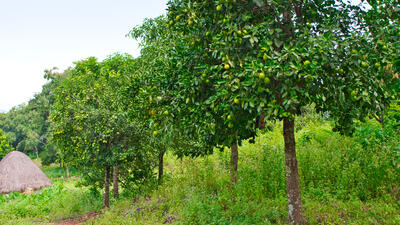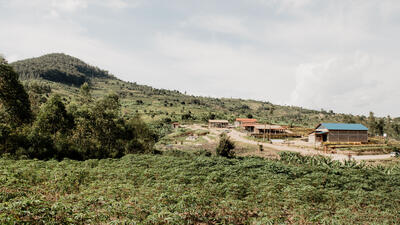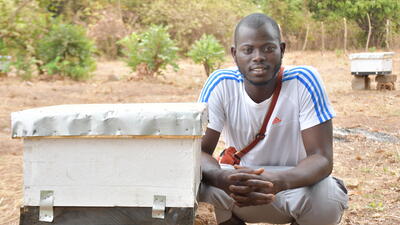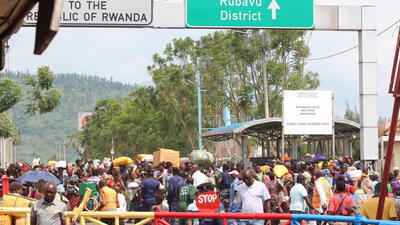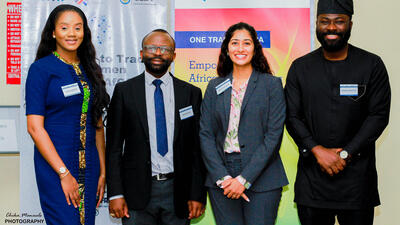
MARKUP: Boosting market access for small businesses in East Africa
How is the International Trade Centre (ITC) promising greater business opportunities to micro and small businesses in East Africa through its second phase of the EU-EAC Market Access Upgrade Programme? Here is how.
In just a little over six months of its unveiling in Arusha, Tanzania, the second phase of the European Union East African Community Market Access Upgrade Programme (EU-EAC MARKUP II) is now in full swing, with ITC as the implementing partner.
For small businesses in the region, this €40 million regional initiative, currently ITC’s second largest programme, comes with the promise of greater business opportunities in both East African and European markets thanks to increased and improved interregional trade and market access.
Home to over 283 million people, the EAC partner states’ agricultural sector is critical for sustainable development. It drives their economies, providing up to a quarter of their GDP and responsible for roughly two-thirds of intraregional trade.
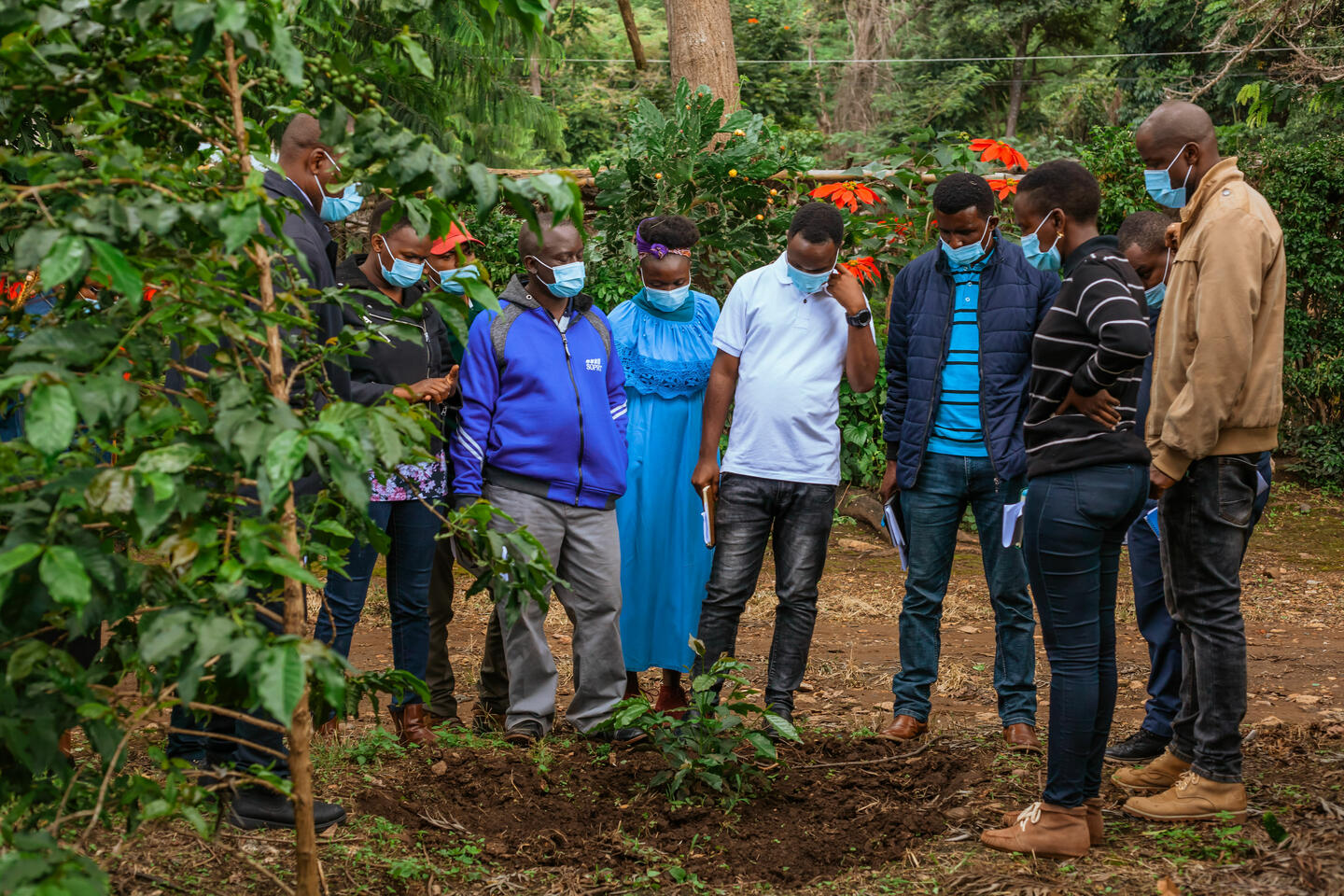
The wins of the EU-funded first phase of the project (2018-2022) gave us at the International Trade Centre and our partners, a taste of the potential in the East African Community.
At least 115 participating companies achieved a collective $16 million in sales and exports. MARKUP I also helped draw in $1 million in investment for over 70 micro, small, and medium-sized enterprises. And over 40 business support organizations shared that their work had become more effective with the project’s support.
But there is more work to do, especially when it comes to preparing small businesses in finding their well-deserved place in an evolving global marketplace, particularly when navigating the shift to digital technologies.
This is where MARKUP II will help leverage the immense potential of agribusiness in EAC partner states, focusing on sectors and value chains in which women, youth, and people in vulnerable situations can and should actively participate.
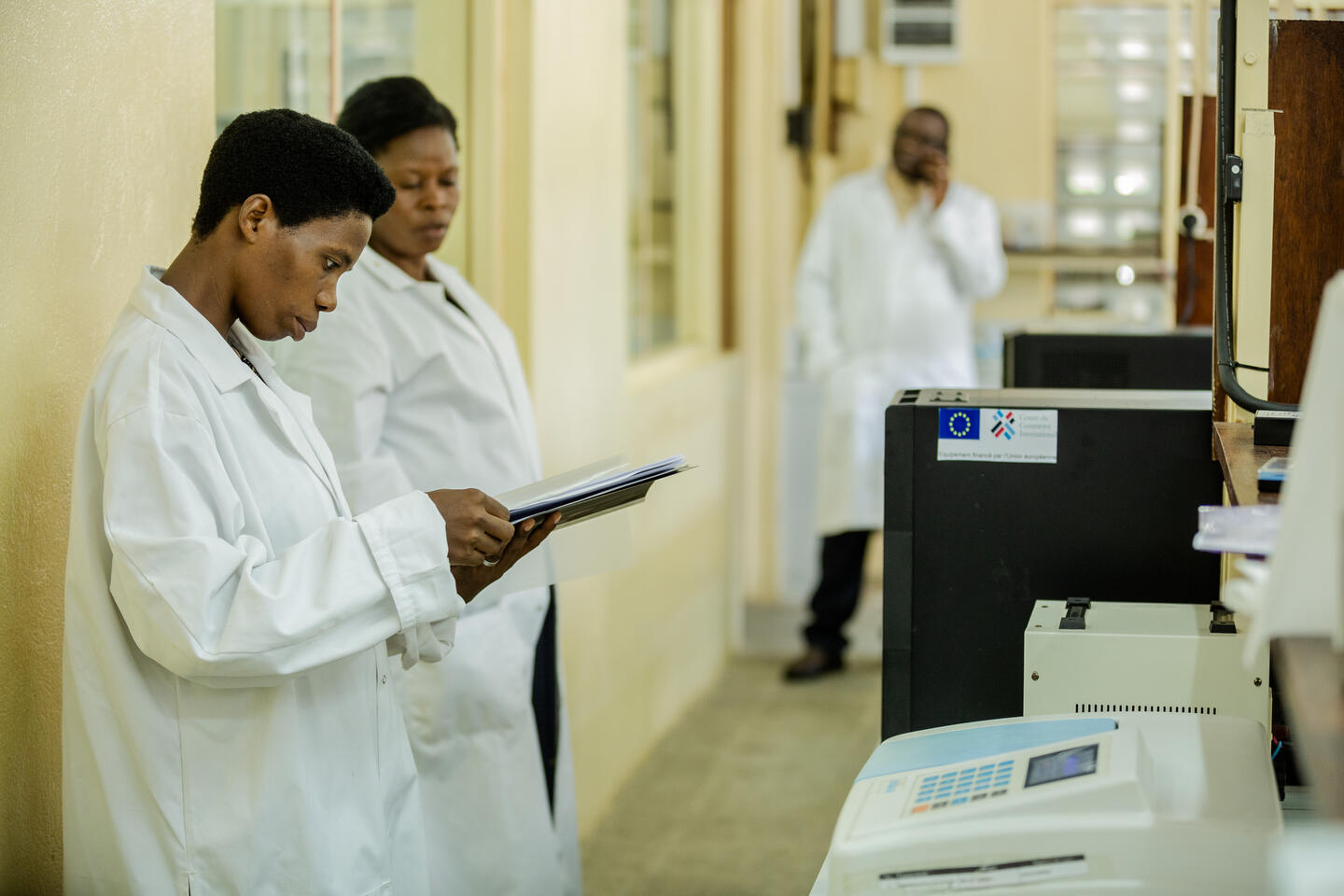
As was the case with MARKUP I, the project’s focus remains on value-addition, processing, diversification, and investment promotion.
However, the project needed to expand geographically, counting now six offices in Burundi, Kenya, Rwanda, South Sudan, Tanzania, and Uganda, in addition to an office in Arusha at the EAC Secretariat, which the EAC chairs with the East African Business Council as deputy chair.
New sectors include leather, packaging, gum Arabic and essential oils as they directly contribute to the prioritized value chains identified for the African Continental Free Trade Area, which are automotive (leather), pharmaceuticals (gum Arabic and essential oils), and infant food (avocado, cocoa, spices).
To support these value chains, we are deeply focusing on identifying and reducing market access barriers, building capacity for quality and standards compliance, while establishing and operationalizing the networks of trade promotion organizations and investment promotion agencies in the EAC. Promoting technology transfer is also a priority for us.
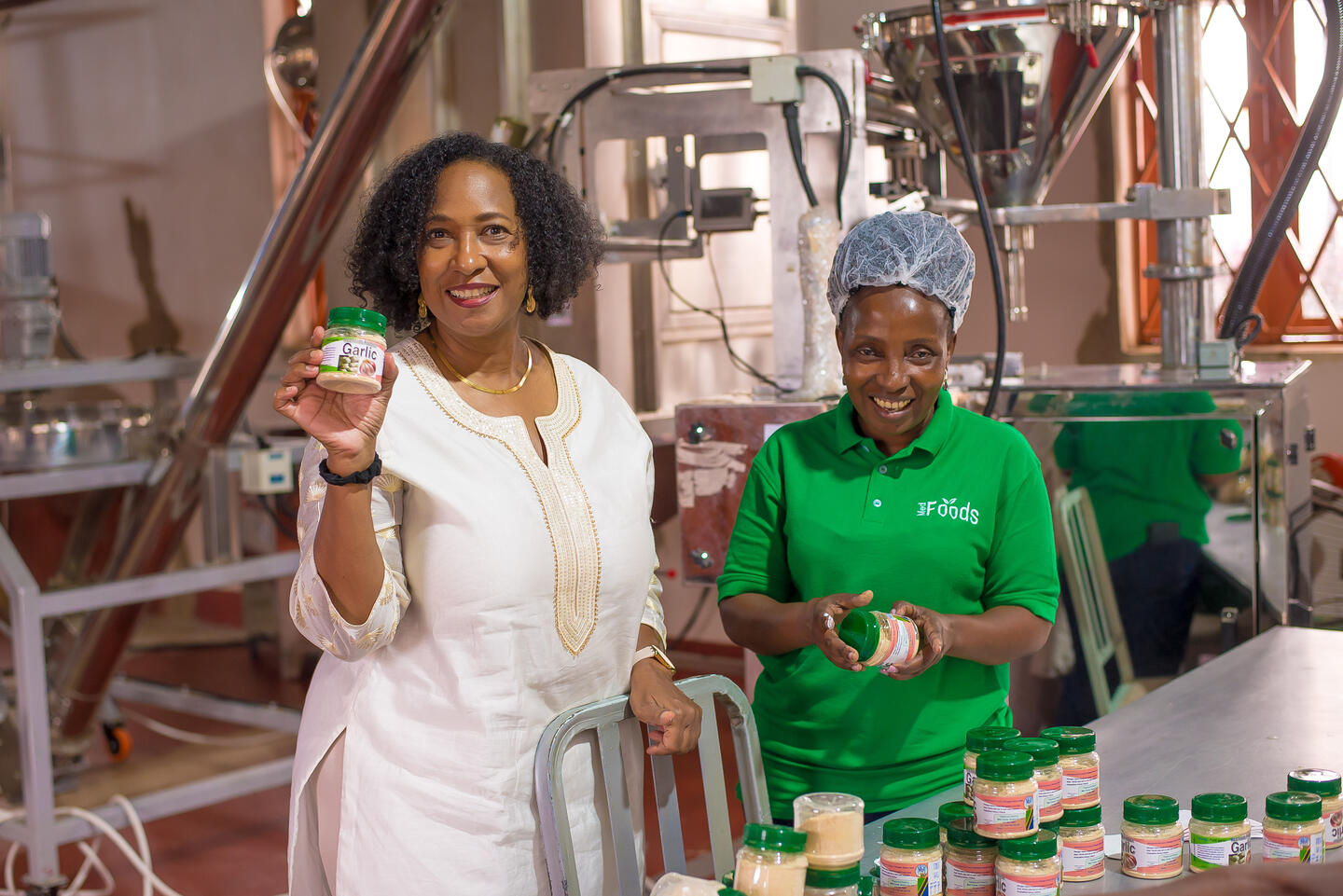
We are confident that the efforts of our dedicated team will help boost trade holistically, both between EAC partner states and its continental trading partners, as well as with the EU and the rest of the world.
We are sincerely grateful to the EU, the EAC, our collaborators at the EAC Secretariat and national partners in the recipient countries. Without this cooperation and these valuable partnerships, ITC would not be able to play its role efficiently in driving economic development in the EAC.




